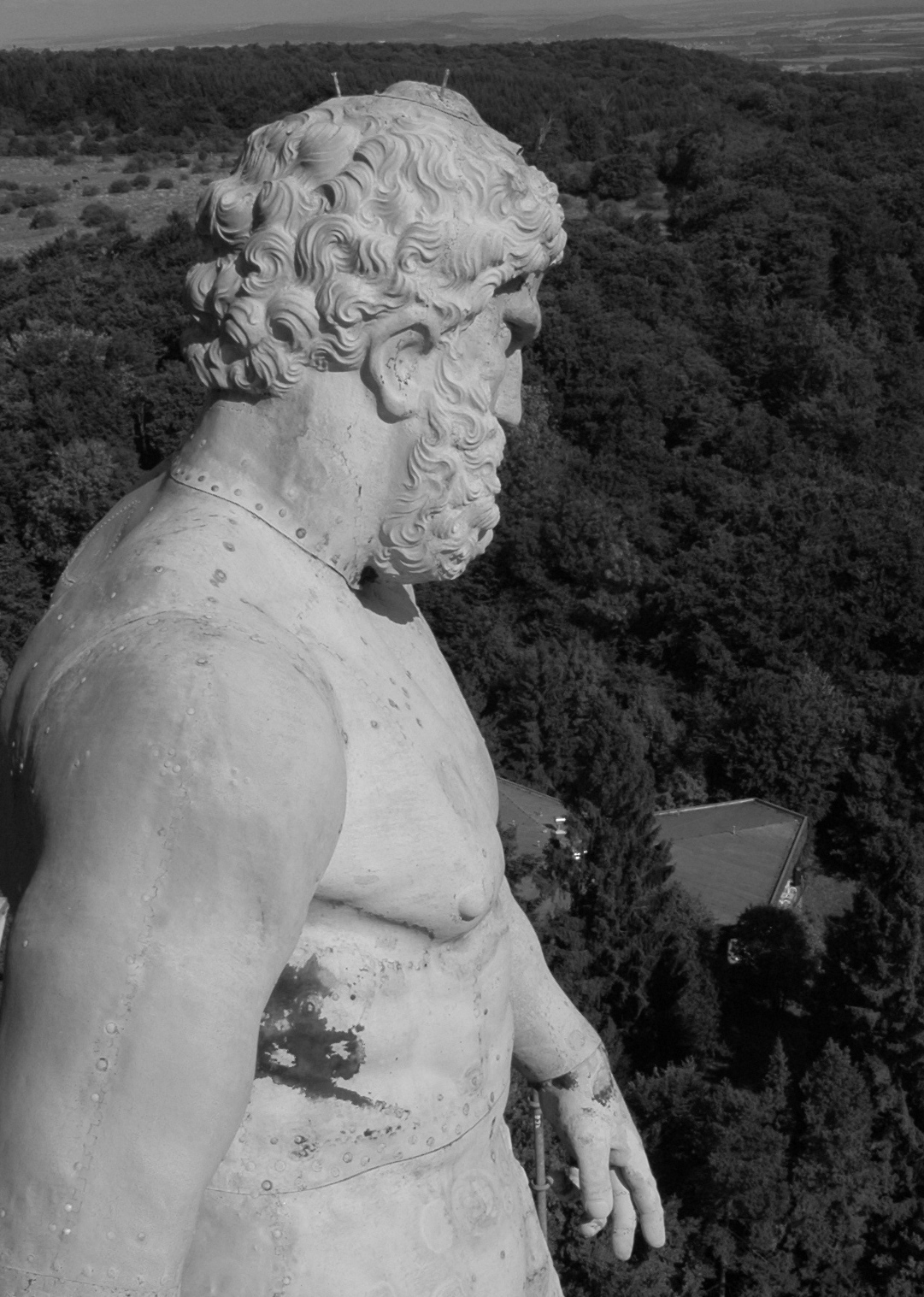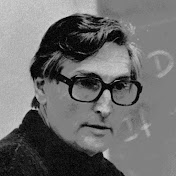Matthias Seiß: Specializing normal forms for the classical groups in differential Galois theory
Let $G$ be a classical group of Lie rank $l$. For $l$ differential indeterminates $\boldsymbol{v}=(v_1,\dots,v_l)$ over $C$ we constructed in [1,2] a general Picard-Vessiot extension $\mathcal{E}$ of the differential field $C\langle \boldsymbol{s}(\boldsymbol{v})\rangle$ having differential Galois group $G(C)$. Here $\boldsymbol{s}(\boldsymbol{v})$ are $l$ differential polynomials in $C\{\boldsymbol{v} \}$ which are differentially algebraically independent over $C$. The linear differential equation defining $\mathcal{E}$ is defined by the normal form matrix $A_{G}(\boldsymbol{s}(\boldsymbol{v}))$ lying in the Lie algebra of $G$.
In the first part of this talk we analyze the structure of $\mathcal{E}$ induced by the action of the standard parabolic subgroups of $G$ on $\mathcal{E}$.
In the second part we consider specializations $A_{G}(\boldsymbol{s}(\boldsymbol{v})) \to A_{G}(\overline{\boldsymbol{s}})$ with $\overline{\boldsymbol{s}} \in C(z)^l$ of the normal form matrix. We show how one can combine the results of the first part with known algorithms for the computation of the differential Galois group to determine the differential Galois group of the specialized equation
$\partial(\boldsymbol{y})=A_{G}(\overline{\boldsymbol{s}} \boldsymbol{y}$ over $C(z)$.
[1] Matthias Seiß. On the generic inverse problem for the classical groups. https://arxiv.org/abs/2008.12081
[2] D. Robertz and Matthias Seiß. Normal forms in differential Galois theory for the classical groups. Communications in Algebra, 51:4, 1492-1516. 2023



